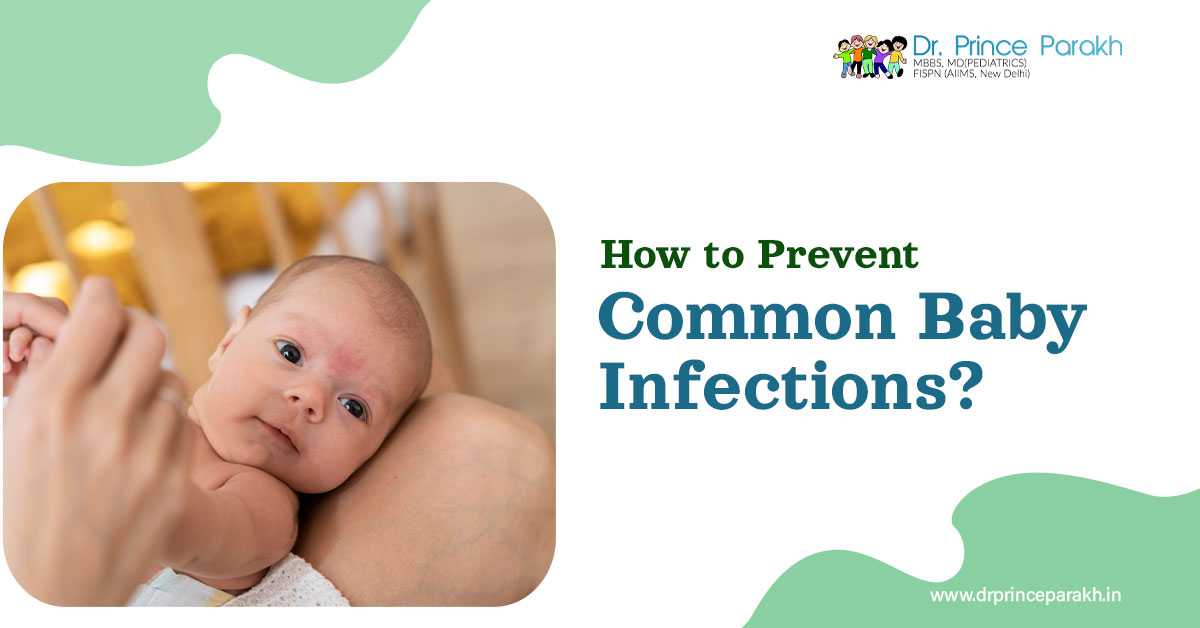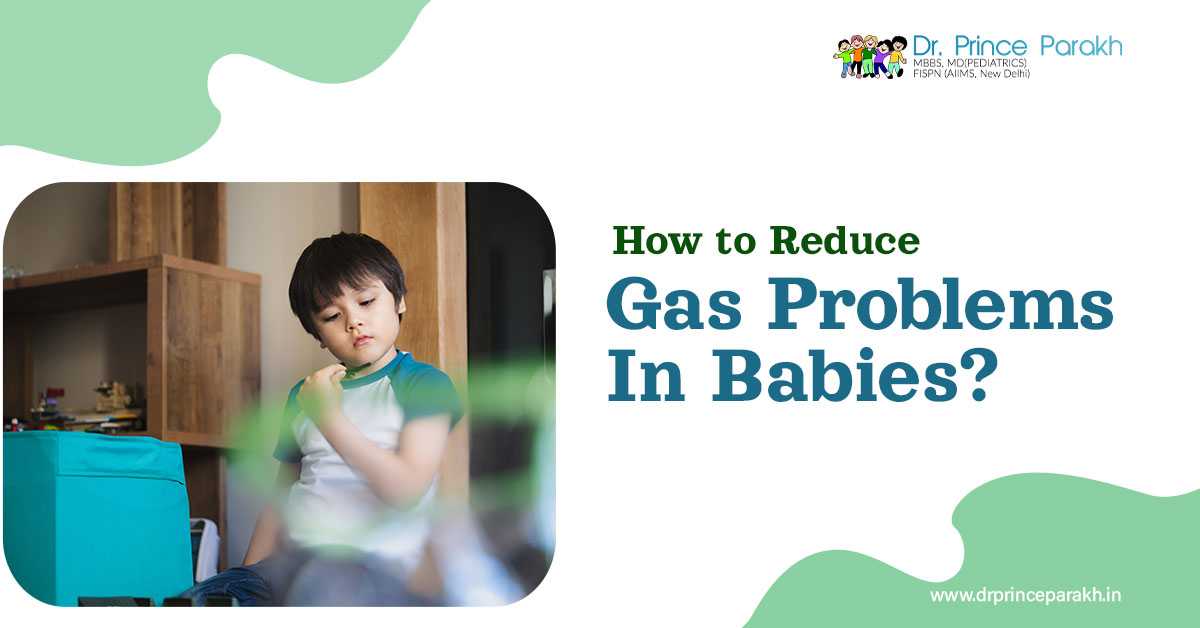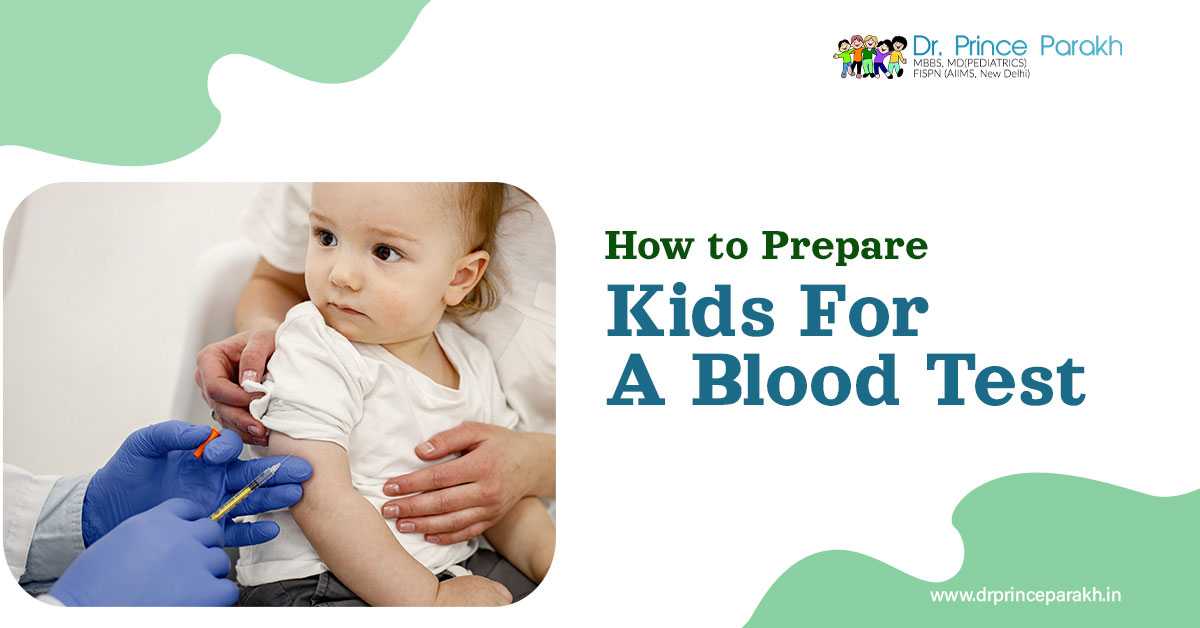When a child is born with a heart abnormality, it's known as a congenital heart defect. There are different types of congenital heart defects exist. Some don't require any treatment while others are severe and complicated that require treatment and surgeries.
Doctors and medical experts are still not sure what exactly causes it but if your kid is suffering from this, visit the best critical care in Siliguri. Your baby's heart begins to form and starts beating during the first six weeks of pregnancy. Sometimes, at this stage, congenital heart defects start to develop.
Symptoms Of Congenital Heart Disease
- Bluish lips and skin
- Bluish fingers and toes
- Dizziness
- Chest pain
- Fainting
- Swelling
- Fatigue
- Delayed growth
- Trouble breathing
- Feeding difficulties
- Low birth weight
- Abnormal heart rhythms
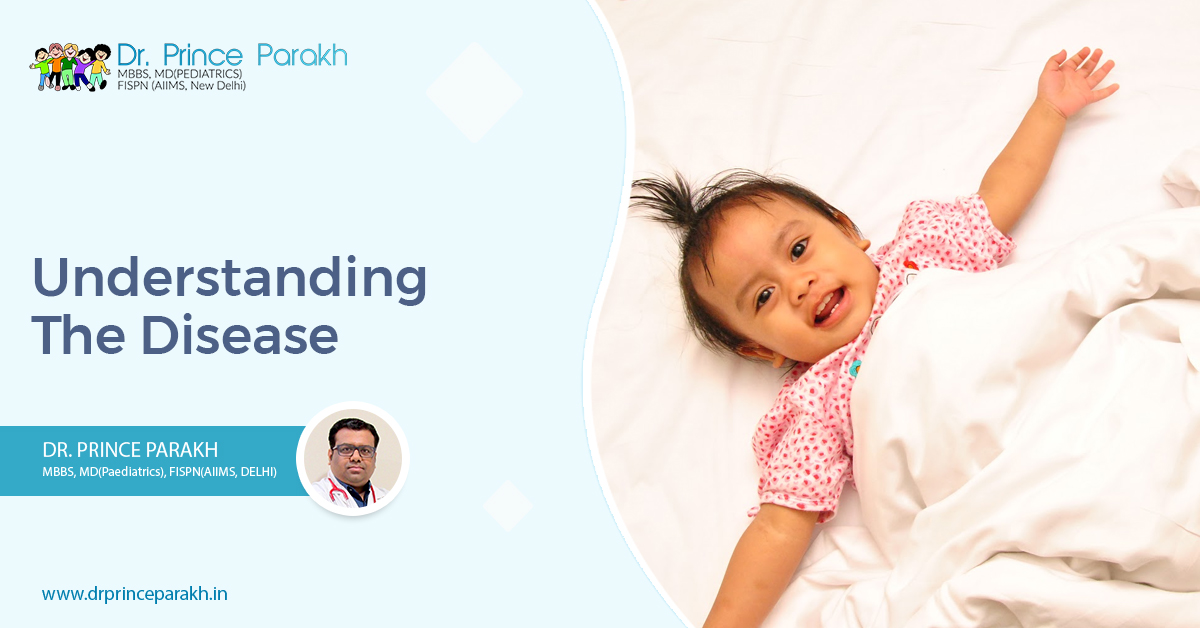
Whether your child has congenital heart valve problems or a combination of complex congenital heart defects you can consult your best pediatric doctor for help. If you notice the following signs for your baby, call your healthcare provider immediately:
- Aortic stenosis
- Pulmonary atresia
- Ebstein anomaly
- Pulmonary stenosis
- Tricuspid atresia
- Hypoplastic left heart syndrome
- Transposition of the great arteries
Types Of Congenital Heart Disease
- Atrial septal defect
- Atrioventricular canal defect
- Bicuspid aortic valve
- Coarctation of the aorta
- Congenital mitral valve anomalies
- Double-outlet right ventricle
- Ebstein anomaly
- Eisenmenger syndrome
- Hypoplastic left heart syndrome
- Kawasaki disease
- Long QT syndrome
- Partial anomalous pulmonary venous return
- Patent ductus arteriosus
- Patent foramen ovale
- Pulmonary atresia
- Pulmonary atresia with intact ventricular septum
- Pulmonary atresia with a ventricular septal defect
- Pulmonary valve stenosis
- Tetralogy of Fallot
- Total anomalous pulmonary venous return
- Transposition of the great arteries
- Tricuspid atresia
- Truncus arteriosus
- Vascular rings
- Ventricular septal defect
- Wolff-Parkinson-White syndrome
According to medical experts, there are different aspects that are responsible for congenital heart disease for your babies such as genetics, certain medical conditions, medications, environment, and lifestyle choices, such as taking alcohol or smoking.
This doesn’t necessarily mean that you are taking, but if your partner is going through this type of lifestyle choice this could have harmed your child's growth. To get the best treatment for your child, visit the best critical care in Siliguri.
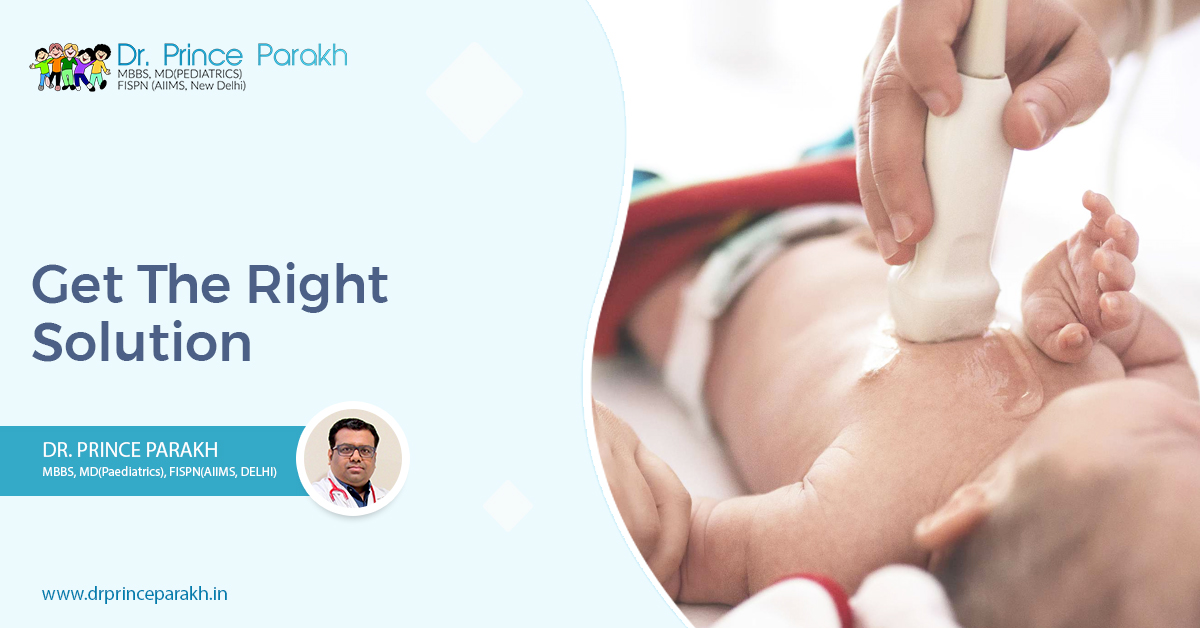
If your child has growth delays, your doctor diagnoses with a stethoscope and if suspects it's a congenital heart defect, then the doctor will ask for some tests such as:
- ECG or EKG
- Pulse oximetry
- A heart MRI
- Chest X-ray
- Echocardiogram
- Cardiac catheterization
After proper diagnosis, depending on the condition the doctor will go for useful medications or surgery to treat congenital heart defects in a permanent manner. Some children need regular checkups while others need other procedures and surgeries throughout their life.


